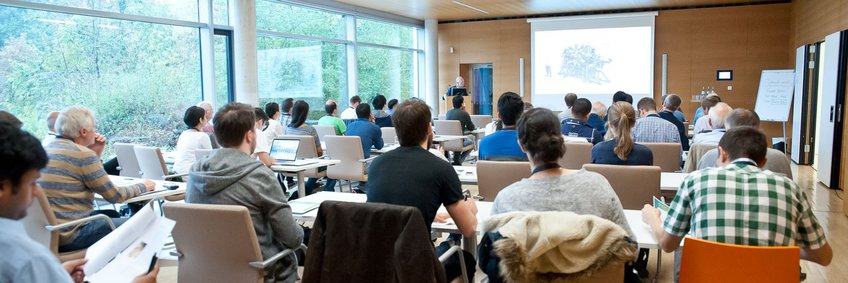This workshop provides insights into the world of academic publishing from the perspective of Benjamin Heinrich, a senior editor at
Nature Nanotechnology, one of the leading journals in the field of nanoscience and nanotechnology. The session aims to demystify the publishing process, from manuscript submission to publication, and to provide practical advice on how to enhance the chances of your work being published in high-impact journals. We will also get career advice and discuss how to become an editor.
[more]

